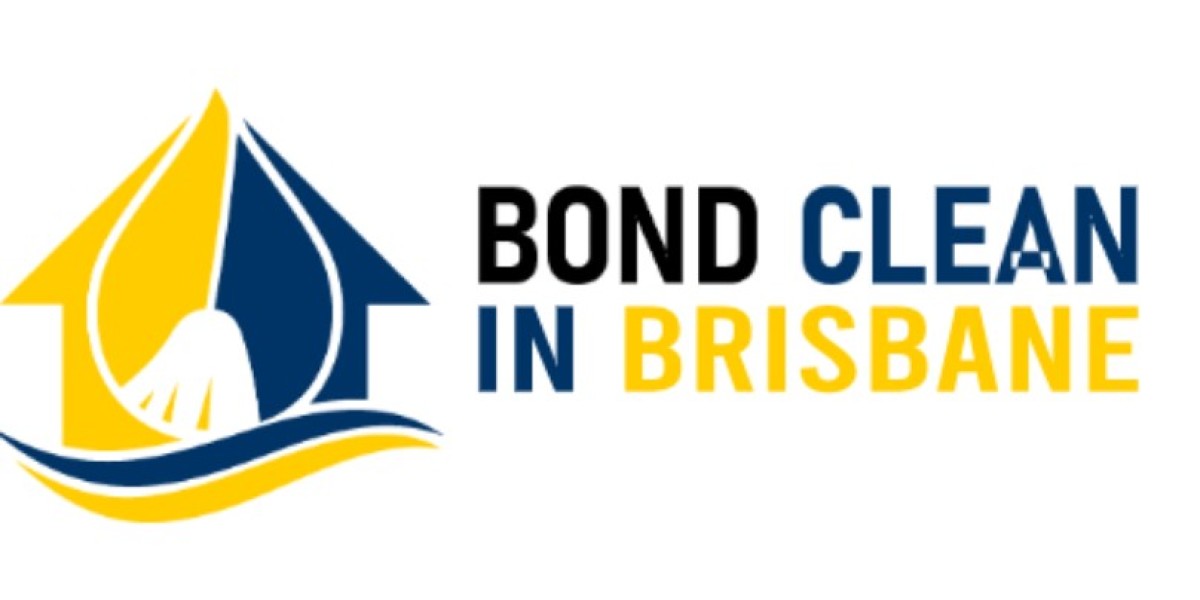Adolescence is a period of significant growth and change, and it can also be a time when young people face various emotional, psychological, and behavioral challenges. From navigating peer pressure and social media influences to dealing with mental health issues, substance abuse, and trauma, teens can encounter struggles that feel overwhelming. In these cases, seeking professional help at a teen treatment center can be a critical step in helping them regain control over their lives and work through their difficulties in a safe, supportive environment .
This article explores the importance of teen treatment center, the types of treatment they offer, and how these centers can make a profound difference in a teen’s recovery process.
What is a Teen Treatment Center?
A teen treatment center is a specialized facility designed to provide therapeutic services and programs specifically for adolescents who are struggling with mental health issues, addiction, behavioral problems, or trauma. These centers offer a structured and supportive environment where teens can receive individualized care and guidance. The goal is to help them address the underlying issues causing their struggles, develop healthier coping mechanisms, and ultimately lead a more balanced, fulfilling life.
Teen treatment centers can provide a range of services depending on the needs of the individual, including inpatient programs, outpatient therapy, detoxification, and therapeutic activities. These centers are staffed by mental health professionals, including therapists, counselors, medical doctors, and addiction specialists, all trained in working with adolescents.
Why Do Teens Need Treatment?
Teenagers are at a vulnerable stage in their lives, and they may be more susceptible to a variety of challenges, including:
Mental Health Issues: Adolescents may face conditions such as depression, anxiety, bipolar disorder, or eating disorders. Mental health challenges can manifest in ways that make it difficult for teens to cope with daily stressors, schoolwork, and relationships.
Substance Abuse: Experimentation with alcohol, drugs, or other substances is a common issue for teens, and for some, it can lead to addiction. Teens may turn to substances to cope with emotional pain, trauma, or peer pressure, but addiction can interfere with their development, well-being, and future opportunities.
Behavioral Problems: Some teens may struggle with acting out, defiance, or aggressive behavior. These issues can be a response to trauma, difficult home environments, or social challenges. Without proper intervention, these behaviors can become more severe, making it harder for the teen to function in society.
Trauma and Abuse: Teens who have experienced abuse, neglect, or traumatic events can develop a range of emotional and psychological issues. Trauma can impact a teen's mental health, self-esteem, and relationships, and without proper treatment, it can lead to long-term challenges.
Emotional Regulation: Adolescence is a time of heightened emotional volatility, and some teens may struggle with regulating their emotions, leading to impulsive actions, poor decision-making, and strained relationships. Treatment can help teens understand their emotions and develop healthier ways of managing them.
Types of Treatment at Teen Treatment Centers
Teen treatment centers offer a variety of treatment options depending on the needs of the adolescent. These can include:
1. Inpatient Treatment Programs
Inpatient treatment programs, also known as residential treatment, provide the most intensive form of care. Teens live at the treatment center full-time while receiving comprehensive therapy and support. These programs are often recommended for teens who are struggling with severe mental health conditions, substance abuse, or behavioral issues that require a high level of care.
Key elements of inpatient treatment include:
24/7 supervision and care: Teens are monitored around the clock by trained staff to ensure their safety and well-being.
Therapy and counseling: Teens participate in individual therapy, group therapy, and family therapy to address their unique challenges and develop coping strategies.
Skill-building activities: Activities such as art therapy, exercise, and mindfulness techniques help teens build emotional resilience and foster a sense of achievement.
Safe, structured environment: The center provides a controlled setting where teens can focus on their recovery without distractions from the outside world.
2. Outpatient Treatment Programs
For teens who may not need the level of care provided by inpatient programs, outpatient treatment offers flexibility while still providing important therapeutic support. Outpatient treatment allows teens to live at home and attend therapy sessions during the week. This option is best for teens who have a stable home environment and can benefit from part-time support as they navigate their recovery.
Components of outpatient treatment programs include:
Individual therapy: Teens work one-on-one with a therapist to address their personal struggles and develop coping strategies.
Group therapy: Group sessions allow teens to connect with others who are facing similar challenges, promoting peer support and shared learning.
Family therapy: Family involvement is a key part of many outpatient programs, as it helps address any family dynamics contributing to the teen’s difficulties and fosters a supportive home environment.
3. Detoxification Programs
For teens struggling with substance abuse or addiction, detoxification is often the first step in the recovery process. Detox programs are medically supervised to help teens safely manage withdrawal symptoms as they eliminate substances from their system. Detox programs are typically followed by inpatient or outpatient rehabilitation to address the underlying causes of addiction and develop long-term coping strategies.
4. Dual Diagnosis Treatment
A dual diagnosis occurs when a teen is dealing with both a mental health condition and a substance use disorder. Many teen treatment centers specialize in dual diagnosis treatment, which combines therapy for both the mental health and addiction issues simultaneously. This integrated approach is essential for addressing the root causes of both disorders and providing the best chance for lasting recovery.
5. Family Therapy and Support
Family therapy plays a crucial role in helping teens heal and recover from their struggles. Family dynamics can significantly influence a teen’s mental health, and addressing any issues within the family unit is essential for the teen’s recovery. Family therapy helps parents and siblings understand the challenges the teen is facing, improve communication, and create a supportive environment at home.
Family therapy may include:
Education: Helping families understand the nature of mental health issues, substance abuse, and how to best support their loved one’s recovery.
Conflict resolution: Working through any issues or misunderstandings within the family to rebuild healthy relationships.
Strengthening family bonds: Fostering communication, trust, and emotional support between family members.
Benefits of Teen Treatment Centers
Treatment centers for teens provide a structured and therapeutic environment that offers several important benefits:
Professional guidance and support: Teens work with trained mental health professionals who are experienced in working with adolescents and understand the unique challenges they face.
Safe, supportive environment: Treatment centers offer a safe space where teens can focus on their healing, free from distractions or negative influences.
Comprehensive care: Teen treatment centers address the root causes of issues like addiction, trauma, and mental health disorders, providing a holistic approach to healing.
Improved emotional regulation: Teens learn healthy coping skills and emotional regulation techniques that help them navigate challenges both during treatment and after they return to everyday life.
Better long-term outcomes: With the right treatment, teens are better equipped to manage their mental health and make positive choices, leading to improved academic performance, healthier relationships, and reduced risk of future issues.
Conclusion
Teen treatment centers provide a critical service for adolescents struggling with mental health issues, substance abuse, and behavioral challenges. These centers offer a safe, structured, and supportive environment for teens to receive the care they need and begin their journey toward recovery. By offering a range of treatment options—including inpatient care, outpatient therapy, family support, and detoxification programs—teen treatment centers address the complex needs of adolescents, helping them develop healthier coping mechanisms and a brighter future.
If your teen is struggling with emotional or behavioral issues, seeking help from a treatment center can make all the difference in their journey toward healing and growth.



